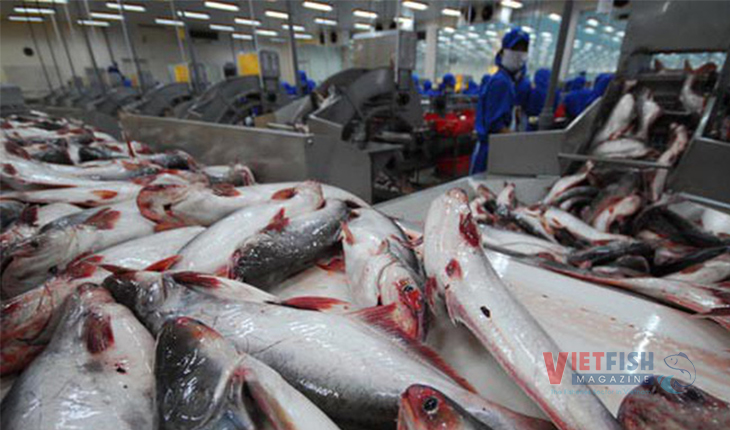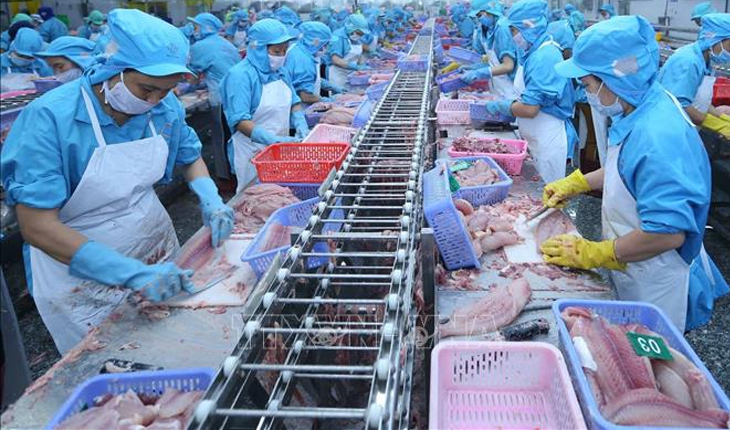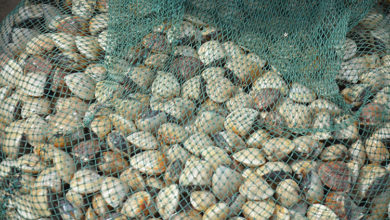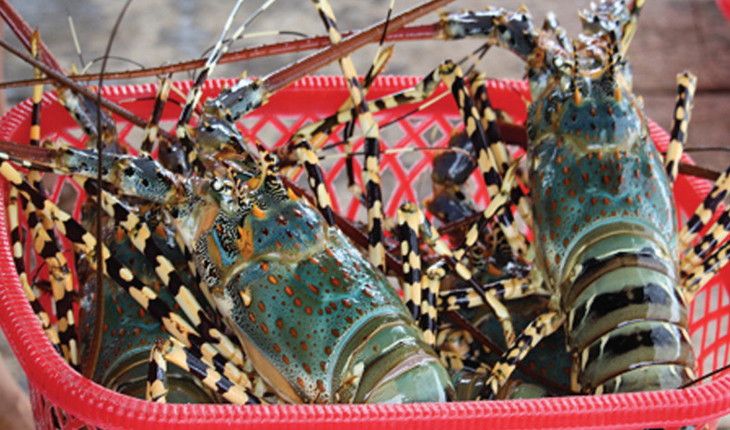Concrete measures should be the main focus
It’s vision of Mr. Watanabe Hidenao – a senior expert of SEAFDEC which aims to promote the fisheries management in Vietnam.

Working and living in the ASEAN within two years, also being the FAO expert on agriculture, aquaculture, fisheries management, what can you say about the status of fisheries management in ASEAN and Vietnam?
I have had the opportunity to see the state of fishery all over the world. In the ASEAN region, I have provided technical assistance in many fields of fisheries in each country as a senior expert of SEAFDEC.
Regarding fishery management in the ASEAN region including Vietnam, I recognize that it is necessary further improvement in various fields such as resource management, improvement of fishing vessels and fishing gear, after harvest quality control including trading, organization of fishermen group and support for fishermen to be able to independently resource management.
In particular, the most problematic thing is that proper implementation of resource management which is the foundation for promoting sustainable fishery has not been done.
How do you assess the potentials of Vietnam seafood, both aquaculture and fishing?
I think Vietnam’s fishery and aquaculture business can generate further promotion through implementation of appropriate management and technological progress.
There is seemed to be a big gap between Vietnam fisheries management and other countries in the world. In your opinion, what is the reason and how to narrow this gap?
As mentioned to first question, the situation of fishery management in Vietnam and other ASEAN regions basically has the same problem, although there is a difference in degree. However, the enthusiasm for efforts on fishery management issues is different in each country. I recognize that Vietnam has the most enthusiasm to development fisheries management. I came here as the fisheries management policy advisor to contribute to Vietnam’s development even a little.
Vietnam fishing industry is still characterized by coastal and small scale fishing activities by destructive fishing practices and there are many poor fishing villages. So, fisheries management in Vietnam faces more hurdles. What do you think about this and do you have ideas for Vietnam to overcome difficulties, especially in management?
Fishery in the coastal area plays an important role by offering revenue, food for living for the adjacent village. In addition, fishing activity has been contributing to the formation and maintenance of unique social and cultural aspects in the village.
In order to go on a sustainable fishery, it is necessary to properly manage the resources being used, but in Vietnam it is thought that fishermen and government officials lack of understanding resource management and little experience of practicing resource management, So, it cannot stop destroyed fishery using dynamite and poisons, or take up frying fish that must be protected for future catch.
What is necessary for Vietnam is to implement appropriate resource management firmly. In resource management, we first have to analyze how many catching fish species by species by how much taken fishing effort through what kind of fishing gear. In Vietnam, collection of necessary information for this analysis is very lacking. For this reason, therefor it is unable to regulate proper fishing operation and establish rules.
In my analysis it is estimated that Vietnam’s fishery has been in sever over catching since around 2007, resource situation and fisherman’s management is considerably worse. However, it is not accurate analysis because there is only limited information.
In Vietnam, it is urgent issues that understanding and education on the importance of resource management and after that appropriate fisheries control implementation thorough create appropriate regulation and fisheries and also improvement the support officer systems for fishermen to be able to manage independently their using resources.
Being an expert on fisheries management, how do you assess on Vietnam’s fisheries restructuring strategy?
As for the master plan on fishery development through 2020 with a vision towards 2030, I think that it is good as a direction. However, I think that the rationality of the target figure and the concrete measures to achieve it are unclear.
About the policy of fishery, analysis of the resource situation of major target species and how much conducted amount of catch effort to their catch is not conducted, so it is not clear what kind of fishing management is necessary to promote sustainable fishery.
Also, although reduction targets of the number of fishing boats is set, but concrete reduction strategies are not specified.
For aquaculture, there are regional production targets for major species, but it is not clear concrete measures to achieve it. In relation to aquaculture, negative impact for aquaculture like as the influence of sea water inflow into the estuary and delta area, to the coast, water pollution at rivers, etc. are increasing more and more serious. If there is no counter measure to such things, I am concerned that it will be extremely difficult to achieve such target.
In your opinion, what Vietnam can learn from Japan fishery management? For example, planning and building fishing port, catching management, building sustainable livelihoods for fishermen?
Japan has diverse ecosystems such as the cold zone in the north area, temperate zone in the middle, subtropical zone in the south area. From such environments there are very diverse fisheries and aquaculture businesses. Also, 95% of fishermen are small-scale fishermen and are in the same situation as the ASEAN region. Among the developed countries, Japan is the only country where small fishermen make up the majority.
In Japan, high-quality fisheries product is always required according to market needs. For this reason, the quality control is the highest level in the world from harvest to the delivery of fish to consumers. Even the same kind of fish of the same size, the price will vary depending on the quality. For this reason, fishermen are always trying to maintain good quality.
Japanese experiences and knowledge on every sector of fisheries are seemed to be useful for improvement of Vietnam fisheries. Especially, Resource management, from my job experience of Fisheries Management included Fisheries Agency of Japan, SEAFDEC and FAO, JAPAN has the most developed system and scheme of Resource management in the world.
In coastal and inland area, Fishermen who use the same resources manage their own target resources independently themselves with the support by support officers from local government.
The government is protecting and sustaining their resource management activities under the fishery rights system in the Fisheries law. Regarding resource management not only in the coastal area but also in the offshore area, since 2002, offshore fishermen who use the same fishery resources gathered and are managing their target resources themselves with the cooperation of the government. I think that this mechanism is very useful for promoting sustainable fishery in Vietnam.
>>Watanabe Hidenao was an officer at Research Div., Research Dep. under Fisheries Agency, Ministry of Agriculture, Forestry and Fisheries (MAFF) from Apr. 1987 to Mar 1988. In Apr. 1991-Mar. 1993, he moved to the Ministry of Foreign Affair (MOFA) to work for Fisheries aid, Grant Aid Div, International Economic Cooperation Dep. In Apr. 1993-Mar. 1997, he was Deputy Director, Chief, Tuna fisheries office, Far Fisheries Div. Oceanic Fisheries Dep. He was the Director, Fisheries Sector, New York branch office of Japan External Trade Organization (JETRO) from May. 1998 to Aug. 2001. He also worked for Food and Agriculture Organization of the United Nations (FAO) as a Project Operation/Technical Officer at Economic and Policy Div, Fisheries and Aquaculture Dep. in five years. From Aug. 2011 to Jan. 2013, he was a Senior Expert, Secretariat and Training Dep. of South East Asia Fisheries Development Center (SEAFDEC).






